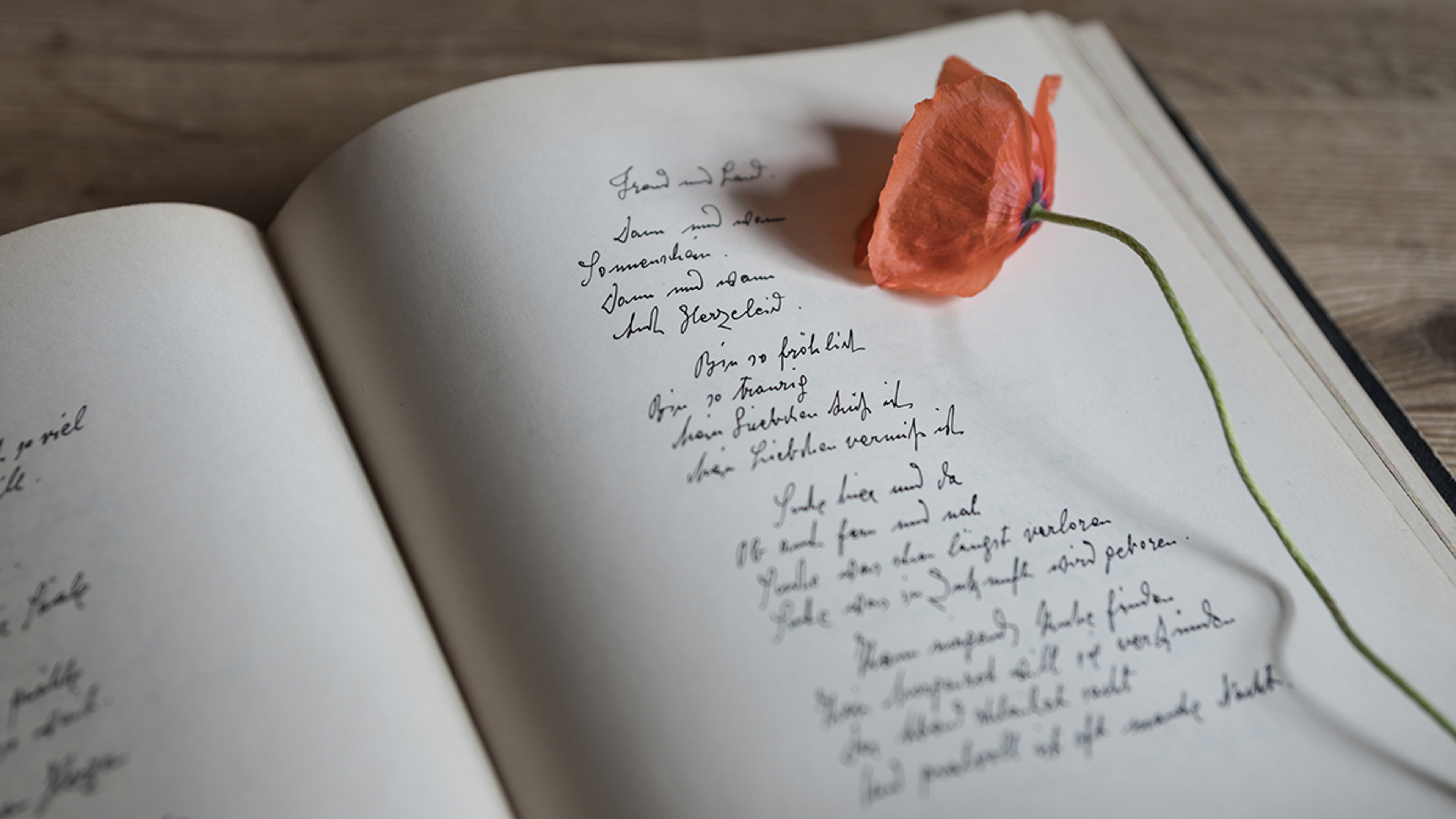Tips for Expressing Your Love This Valentine’s Day
Valentine’s Day is your opportunity to express how much your partner means to you!
Jan 07, 2022
Valentine’s Day is coming up, and it’s your opportunity to express your love to partner. Expressing oneself might be easy for some, but for others, coming up with the right words is more difficult.
Not to worry! We spoke with relationship experts for the best tips on how you can express your love verbally and foster healthy communication (as well as write the best Valentine’s Day note).
Pick a card or letterhead your partner would like
A great Valentine’s Day message starts with a great card. But not one that you would like — one that your partner would like.
You can express care in the type of card that you pick for your partner even if it doesn’t seem like what kind of card you pick makes that much of a difference. Remember: If it’s a card he or she would like, then you’ve expressed care and met his or her emotional needs. If your partner likes sappy cards, then choose that type even if it’s not your cup of tea. If an excess of emotion stresses out your partner, then choose a less romantic card.
“Healthy communication expresses care, and healthy communication in a marriage expresses extraordinary care,” says Dr. Willard F. Harley, clinical psychologist and founder of Marriage Builders. “Everything you do or don’t do is a subcategory of care.” Dr. Harley knows this on both a professional and personal level, as he and his wife have been married for 58 years.
Be short and concise
When it comes to writing a message, the good news is you don’t have to be long-winded. “Less is more,” says Dr. Pepper Schwartz, sociologist and relationship expert on the TV show "Married at First Sight." “If you write more on Valentine’s Day, you’re more likely to get in trouble.” She recommends writing one to two sentences and saying something like, “You mean the world to me. There’s no one I would rather be with on Valentine’s Day.”
Harley agrees. “You should express care on Valentine’s Day and not just an appreciation of what the other person has or could do for you,” he says. He recommends a similar message: “I care more about you than life itself.”
He emphasizes that you need to stress that your partner is No. 1 in your life and not just state what the other person does for you. “Your Valentine’s Day card should reflect a year’s summary of what that person meant to you,” Harley says.
Compose a rough draft (handwritten or typed)
The great thing about a card or written message is that you have time to think about it. According to Schwartz, writing is a good way to learn communication and allows you to think about what your message says.

She encourages everyone to write a couple of drafts to make sure it sounds good — and even consider showing it to a friend before sealing the envelope. “Sometimes if you are worried about how it sounds, you may have reason to worry,” she says.
For those who sometimes find communicating verbally with their partners challenging, this should be encouraging. You have plenty of time to get it right and say what you want to say, which will in turn help you with healthy communication after Valentine’s Day.
“Healthy communication is honest,” Schwartz says. “The first rule is that you need to think about how the other person would receive it.” Writing things down gives you sufficient time and space to do this.
Think about your partner or spouse
In the end, it all comes down to your partner or spouse. Think about what he or she would like and write down what he or she would appreciate. This could include using nicknames, inside jokes, memories, or terms of endearment. Make your note sound like you and something you know your partner would love. Adding that personal touch will improve your card significantly.
Dr. Gary Chapman is a well-known author and marriage counselor who wrote the book "The 5 Love Languages." In it, you will discover that different individuals have distinct love languages, namely: words of affirmation, physical touch, gifts, acts of service, and quality time. He believes learning your partner’s love language is very important. “The love languages deal primarily with meeting that deep emotional need that we have to be loved,” he says. “Learning one another’s love languages and responding to them gives you a sound basis from which you can solve your problems.”
This relates to Valentine’s Day in that you have the perfect opportunity to meet your partner’s love language. However, Chapman warns: “Don’t assume that because gifts are not your spouse’s love language that you don’t have to mess around with flowers because almost every woman appreciates the gift of flowers.” Whether it’s a gift or note for a man or woman, really think about what your partner would want and get that for him or her.
Putting it all together
These tips apply after Valentine’s Day, too. Continue to express care about your partner and show interest in him or her.
Dr. Harley notes that the four “friends” of conversation are to develop an interest in each other’s favorite topics, balance the conversation between both parties, make sure that you’re giving your undivided attention, and seek to understand each other — which includes asking questions, something Schwartz also recommended.
If you do these things, you’ll have a great relationship not only on Valentine’s but the other 364 days of the year, too.












